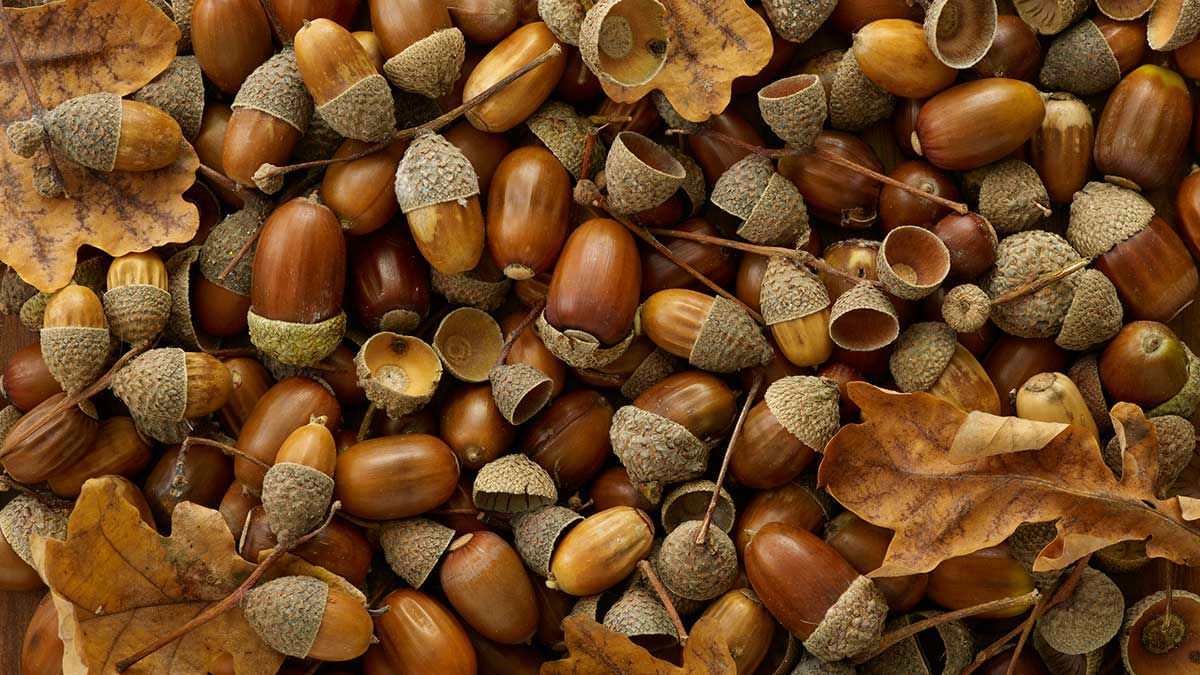
If you are like us, enjoy the sounds and smells of springtime, you are probably hard at work out there cleaning up your yard. One of my family members mentioned to me recently, that they thought that the abundance of acorns on the ground, meant it should have been a “hard winter”. In reality, here on Cape Cod, they felt as if it were a normal winter. While some weather patterns such as drought can affect plants and their production,
I wanted to quickly touch on this subject, as people think that the trees seem to know what our New England weather patterns are. Maybe we should ask the trees what this global warming is all about, or ask if we should buy a new snowblower before the snow starts flying. As bluntly as I can put it; oak trees don’t care about wildlife that will be having a tough time finding a meal during the winter or any other old tale that has been passed down from generations. They care about one thing, and that is to ensure that in the years to come, there will be more oak trees! In fact, white oaks produce their nuts every year, while black oaks and red oaks take two full years for theirs to mature. Most oak trees in their younger years don’t even produce acorns until they are about 20 years old, and really start producing a good crop of them when they are around 50 years old. On an average 100-year-old oak, that tree will produce over 2000 acorns in a season.
So, while our mighty oaks are fantastic native shade trees, remember not to get upset at cleaning up all that mess. Treat these trees like our grandparents that we need to cherish and help get along in their elder years; appreciate all that tree has to offer for what it has seen in its lifetime, and bend down and clean up those raked-up piles. Enjoy seeing those acorns hit the ground; it means that we will see more trees growing in the future.
JE
